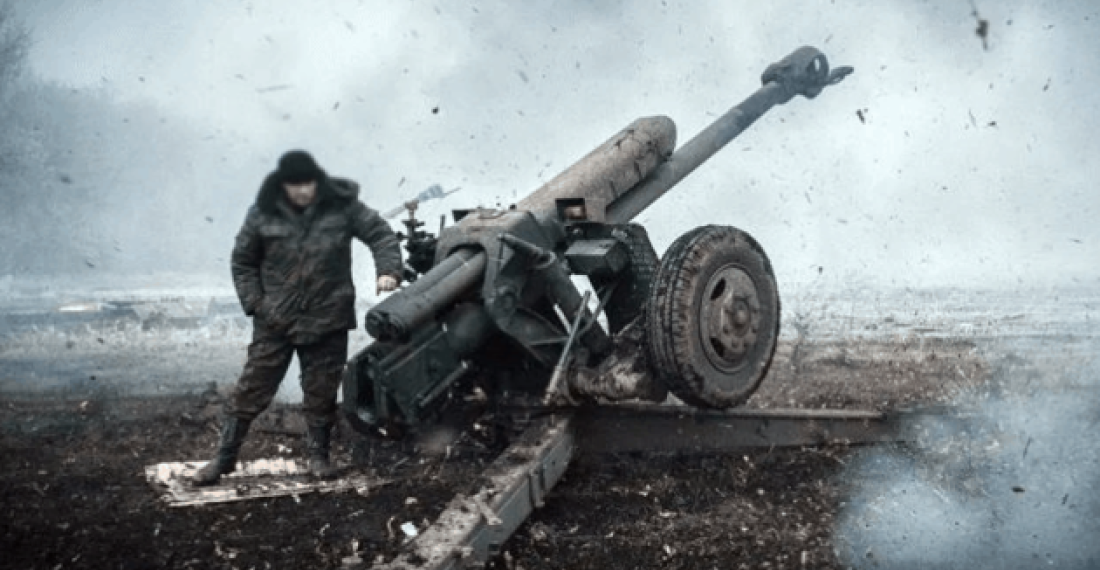Russia has shelled Ukraine's southern Kherson Oblast more than 70 times in the past 24 hours, the region's Governor Oleksandr Prokudin said on Telegram on Monday morning (10 April).
Firing a total of 360 shells in 78 attacks, 17 shells hit residential areas of the city of Kherson. There were no casualties reported, however, and 90 people were evacuated from areas of the oblast under Ukrainian government control.
Ever since areas of Kherson region were liberated by Ukrainian forces in November 2022, the right bank of the Dnipro river has frequently been shelled by Russia firing across the river, causes regular civilians injuries and deaths.
Leaked Ukraine war documents reveal Russia offering bonuses for destroyed NATO tanks
Meanwhile, documents recently leaked from US intelligence to The New York Times have revealed that Russia is supposedly offering an extra bonus to troops who that successfully damage or destroy NATO-supplied tanks in Ukraine.
The documents add that this is "part of a larger tranche of initiatives structured to help Russian formations and boost morale as they struggle to seize territory in Ukraine’s east", and that "videos of tanks being destroyed would be widely distributed to reduce the confidence of Ukraine and the West and reassure Russian troops of their ability to overcome this new weaponry".
NATO countries have recently committed large numbers of tanks to support Ukraine in anticipation of a coming spring counteroffensive. Speaking to Ukrainska Pravda on Thursday (6 April), Oleksii Danilov, Secretary of the National Security and Defence Council, stated that "no more than three to five people" on the planet have information about where and when the counteroffensive of the Armed Forces of Ukraine will begin.






